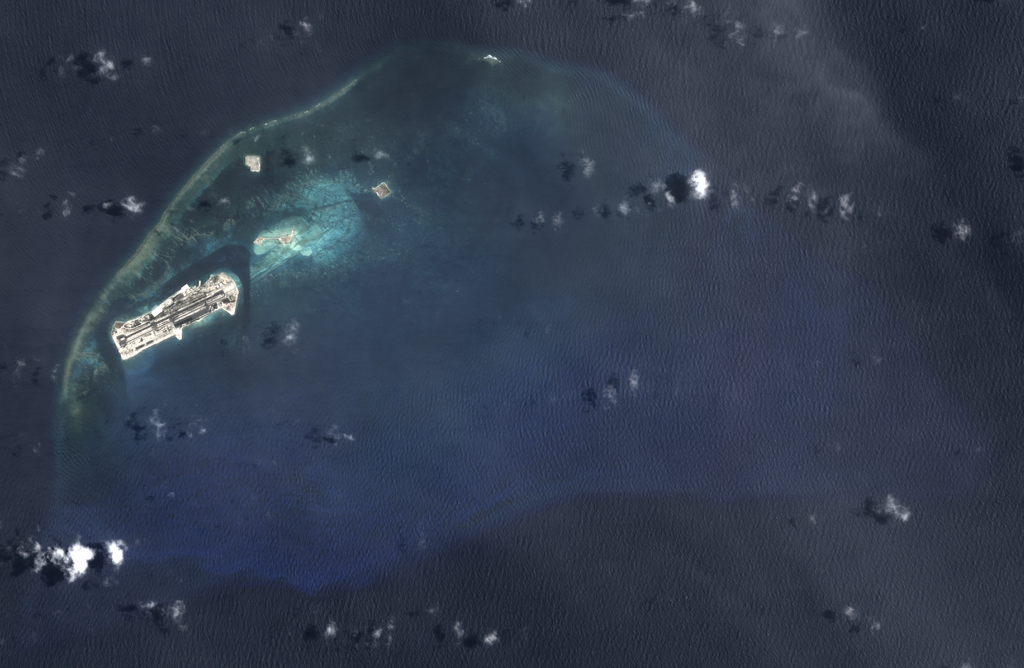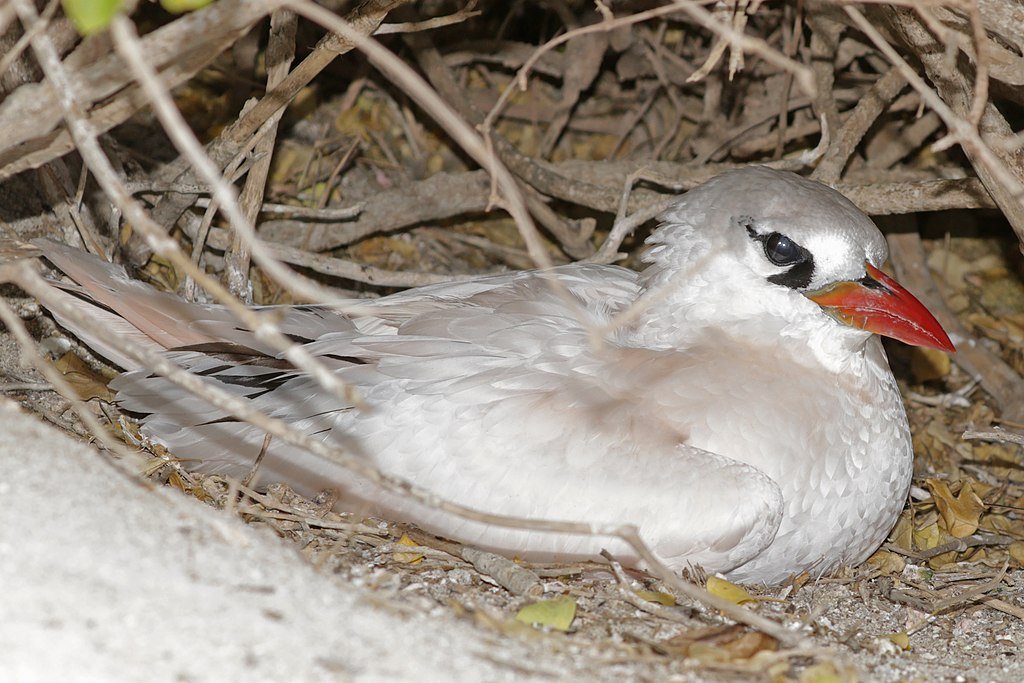Johnson Atoll, a remote Pacific island chain and vital seabird sanctuary, is at the center of a heated debate. The U.S. Air Force’s proposal to establish rocket landing pads for SpaceX Starships on the atoll has sparked concerns among conservationists. They warn that the project could undo decades of restoration efforts and threaten the fragile ecosystem.
The Proposal and Its Goals

The Department of the Air Force (DAF) plans to use Johnston Atoll for its Rocket Cargo Vanguard program, which aims to develop technologies for rapid cargo delivery using reusable rockets. SpaceX’s Starship, the world’s largest and most powerful rocket, is the leading contender for this initiative. The proposal includes constructing two landing pads and conducting up to 10 rocket landings annually.
Ecological Significance of Johnston Atoll

Designed as a bird refuge in 1926, Johnston Atoll is home to nearly 1.5 million seabirds, including the largest known colony of red-tailed tropicbirds. The atoll serves as a crucial nesting habitat, with seabirds traveling thousands of miles across open ocean to reach it. Since the military ceased operations in 2004, restoration efforts have revitalized the atoll’s ecosystem.
Environmental Concerns
Conservationists, led by the American Bird Conservancy (ABC), argue that the proposed rocket landings pose significant risks, including hazardous debris, noise pollution, and potential explosions. They also warn that reopening the atoll’s airstrip for planes would destroy ground-nesting seabird colonies. ABC has called for a comprehensive Environmental Impact Statement to assess the project’s potential hazards.
Balancing Innovation and Conservation
While the Rocket Cargo Vanguard program represents a leap forward in space and logistics technology, it raises questions about balancing innovation with environmental stewardship. Experts suggest exploring alternative locations for the project to minimize ecological impact and preserve Johnston Atoll’s unique biodiversity.
Conclusion
The debate over SpaceX Starship landings on Johnston Atoll underscores the challenges of advancing technology while protecting fragile ecosystems. As discussions continue, the outcome will set a precedent for how innovation and conservation can coexist in the modern era.
Source:




